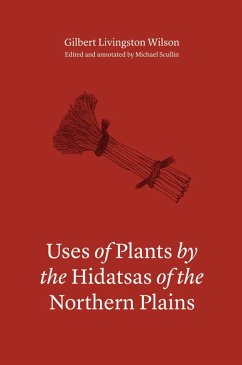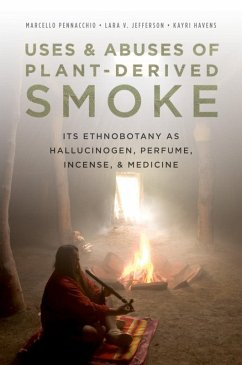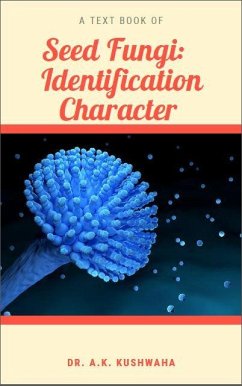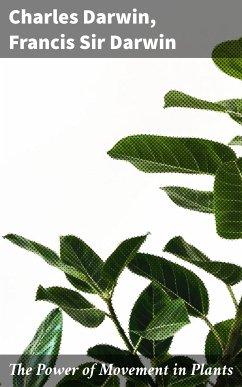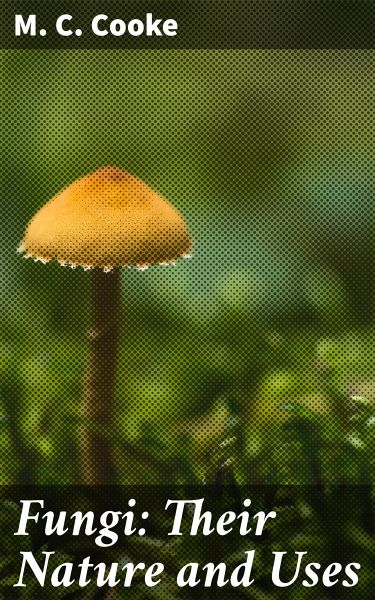
Fungi: Their Nature and Uses (eBook, ePUB)
Enriched edition. Exploring the Hidden World of Fungi: Biology, Uses, and Ecological Impact
Kommentar: Hudson, Marcus / Redaktion: Good Press; Berkeley, M. J.
Versandkostenfrei!
Sofort per Download lieferbar
1,99 €
inkl. MwSt.
Weitere Ausgaben:

PAYBACK Punkte
0 °P sammeln!
In "Fungi: Their Nature and Uses," M. C. Cooke presents an exhaustive exploration of the kingdom of fungi, merging scientific rigor with an accessible literary style. The book delves into the classification, biology, and ecological roles of fungi, interwoven with practical applications in medicine, agriculture, and industry. Cooke's rich descriptions and meticulous attention to detail reflect the Victorian fascination with natural history, capturing both the beauty and the complexity of fungi, while also situating them within the broader context of biological sciences of his time. M. C. Cooke ...
In "Fungi: Their Nature and Uses," M. C. Cooke presents an exhaustive exploration of the kingdom of fungi, merging scientific rigor with an accessible literary style. The book delves into the classification, biology, and ecological roles of fungi, interwoven with practical applications in medicine, agriculture, and industry. Cooke's rich descriptions and meticulous attention to detail reflect the Victorian fascination with natural history, capturing both the beauty and the complexity of fungi, while also situating them within the broader context of biological sciences of his time. M. C. Cooke was a prominent mycologist and a fervent advocate for the study of fungi during the late 19th century. His extensive fieldwork and correspondence with fellow naturalists provided him with a wealth of knowledge, fuelling his desire to illuminate the significance of fungi to a wider audience. Cooke's dedication is driven by an intrinsic appreciation for nature and a scientific curiosity, essential elements that resonate throughout his writing. This book is an invaluable resource for scholars, students, and anyone with a keen interest in mycology or natural sciences. It invites readers to appreciate the often-overlooked world of fungi, encouraging a deeper understanding of their vital roles in our ecosystems and their myriad uses in society. In this enriched edition, we have carefully created added value for your reading experience: - A succinct Introduction situates the work's timeless appeal and themes. - The Synopsis outlines the central plot, highlighting key developments without spoiling critical twists. - A detailed Historical Context immerses you in the era's events and influences that shaped the writing. - A thorough Analysis dissects symbols, motifs, and character arcs to unearth underlying meanings. - Reflection questions prompt you to engage personally with the work's messages, connecting them to modern life. - Hand-picked Memorable Quotes shine a spotlight on moments of literary brilliance. - Interactive footnotes clarify unusual references, historical allusions, and archaic phrases for an effortless, more informed read.
Dieser Download kann aus rechtlichen Gründen nur mit Rechnungsadresse in A, B, BG, CY, CZ, D, DK, EW, E, FIN, F, GR, H, IRL, I, LT, L, LR, M, NL, PL, P, R, S, SLO, SK ausgeliefert werden.





